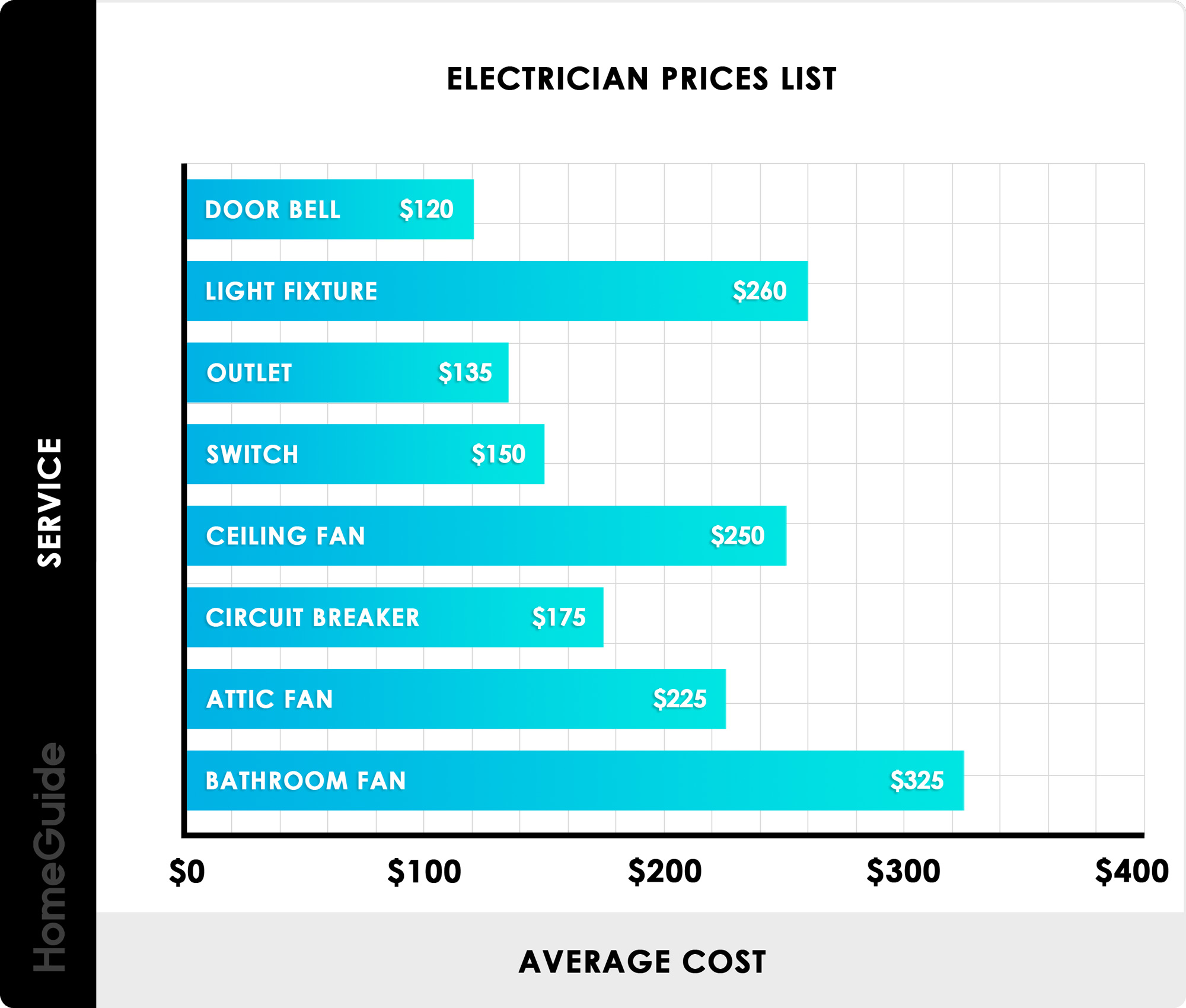
Washington State's prevailing wage laws must be followed when you work on public works projects. A thorough knowledge of the laws, exemptions and requirements that apply to your specific project is essential in order to be compliant. You can save time, money, as well as frustration, by learning how to use the law.
WDLI
Washington's prevailing wage is based upon an hourly worker standard. This is when the workweek cannot be fixed. The court ruled in favor of this method being adopted by Washington state courts. However, the FLSA was not incorporated by the Washington state legislature. Washington Supreme Court supported the per-hour system.

U.S. Department of Labor
The U.S. Department of Labor in Washington State has a prevailing wage. This is the amount that workers must receive for the actual work they do. However, certain employees are exempt from having to pay the prevailing salary. Owners are also not required. Owners and business partners that own 30% or more share in the business are exempt from the prevailing-wage requirements. Supervisors and foremen, however, must be paid the current wage. They must also be paid for every hour worked.
Industrial Statistician
The Industrial Statistician, Washington State, determines the prevailing rate of wage by surveying local companies. This survey collects data on the wages and hours worked by local businesses. This data is then systemized and checked for accuracy. The Industrial Statistician posts the prevailing wage rate twice a year.
Public Works Act
Prevailing wage rates are determined by the Washington State Department of Labor and Industries (DLI). The department analyzes wages and fringe benefits for different trades and professions, and establishes prevailing wage rate for each county in the state. These prevailing wage rates are used to determine the wages and fringe benefits paid to public works contractors.
Hourly rate
The Washington State Department of Labor and Industries determines the prevailing wages. This department determines the prevailing wage rates in each county by researching average pay and benefits for workers from different occupations. These prevailing salaries reflect the current wage conditions in each county.

Non-payment can result in a severe penalty
Washington enforces The Public Works Act, also known by the "prevailing wage" laws, to ensure that workers get paid the prevailing rate when they work on public projects. These regulations specify the minimum wage that employees must earn on construction projects. Contractors are required to pay the overtime pay and rates. These prevailing wage rates, which vary depending on the type of labor and county, are set by the Department of Labor and Industries.
FAQ
What is a Service Agreement Format?
A service arrangement template is a form of document that contains all details concerning a particular service. This template can be used to create a standard service agreement.
Service agreements are crucial because they set the boundaries between two parties.
They enable both parties to understand the other's expectations and needs. They help both sides understand each other's expectations and needs before signing the deal.
Is there anything I must sign before I can begin work?
Yes. Both parties must sign your SCA. This means that one party cannot change their mind without the consent of another.
Who signs a Service Agreement
You and your customer will agree on how you will provide services. It defines the customer's responsibilities. It also describes what you will do for them. And when they have pay you.
Additional fees for services may also be confirmed in the service agreement.
All terms and conditions of a service agreement must be included. This includes delivery dates, payment methods, warranties and other terms.
This template will help you cover all aspects of the agreement.
How much does it cost for you to apply for building permits?
It depends on the state you are in and the complexity of the proposal. It will also depend on whether permission is being sought to build or expand your house. The process of applying can take many months so you should be ready to wait until the whole thing is done.
Do I have any other options?
Yes!
There are many things you can do to prepare for negotiations.
One method is to simply write down the terms and conditions.
When do you have to pay the service/contractor bill?
The type of service provided will determine the payment schedule. A contractor might hire to install a roof. You would usually pay when the work is complete. A supplier might require you to test and receive the item before you pay.
Do I require a legal representative in order to sign my Service Agreements
No. Your service agreements can be signed by anyone. As a precaution, however, it is a good idea to appoint one.
Legal representatives are individuals who act on behalf a person. If you are an entrepreneur, you may choose to have someone represent you professionally.
This could include hiring a lawyer or accountant. You could also appoint someone to take care of your business interests.
The client usually appoints a legal representative. Sometimes, however.
In either case, having a legal representative means you are protected legally.
Statistics
- While we offer all our high-quality services at competitive prices, we know that many who need our services are on fixed incomes, so we offer a 10 percent discount for seniors and military members. (homeservicecontractorsinc.com)
- (1) Ascertain the extent to that offers are based on the payment of overtime and shift premiums; and (2) Negotiate contract prices or estimated costs without these premiums or obtain the requirement from other sources. (acquisition.gov)
- (ii) Name, address, and telephone number of each proposed first-tier subcontractor with a proposed subcontract estimated at $10 million or more. (acquisition.gov)
- (3) The contracting officer may provide for a contract price adjustment based solely on a percentage rate determined by the contracting officer using a published economic indicator incorporated into the solicitation and resulting contract. (acquisition.gov)
- (1) Except as provided in paragraphs (a)(4) and (a)(8) of this section, if the estimated amount of the contract or subcontract is $10 million or more, the contracting officer shall request clearance from the appropriate OFCCP regional office before- (acquisition.gov)
External Links
How To
What is the difference in a service agreement and contract?
A service arrangement is an agreement whereby a provider agrees with a customer to perform services. The agreement creates an obligation for both parties. The term "service" refers to a company's products, information, advice, etc., but does not include financial services.
A contract is a legally binding document which outlines the terms of a business partnership. A contract is a legal document that you sign when you purchase a product or service from a retailer. You are bound to pay for it later. When you accept employment, you are entering into a contract.
Service agreements do not need to be documented in any form. In practice, a written service agreement is seldom used. Verbal agreements, however, are common.
However, a service agreement has several advantages over a contract:
-
A service contract is more flexible that a contract.
-
This allows a service provider the freedom to change its mind at any time without penalty.
-
It allows the service to have greater control over how they deliver the service.
-
It provides clear evidence of what was delivered.
-
It is much easier to make a complaint against a service provider.
-
It's cheaper to create a service agreement rather than a contractual contract.
-
It is less likely it will result in litigation.
-
It is more simple to terminate an agreement for service than a contract.
-
It is easier to modify a service agreement than a conventional contract.
-
It is possible to use a service agreement for an ongoing relationship.
-
It is possible to share the cost of drafting a service agreement with a third party.
-
A provision requiring arbitration is possible when drafting a contract of service.
-
You can add provisions about confidentiality, non-disclosure and proprietary rights.
-
It is possible, for example, to specify the length of the contract.
-
It is possible to make the service agreement subject to a specific condition precedent.
-
It is possible to say that the service provider is liable only for negligence or gross negligence.
-
It is possible to limit liability for consequential damages.
-
It is possible for a service provider to enter into a new agreement with a customer.
-
In certain situations, notice can be given of termination.
-
It is possible to require the service provider to provide a warranty.